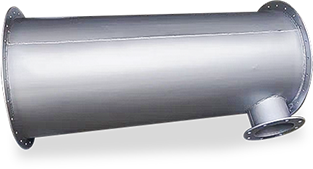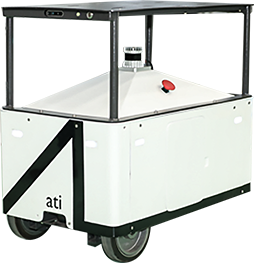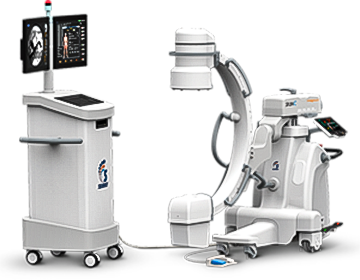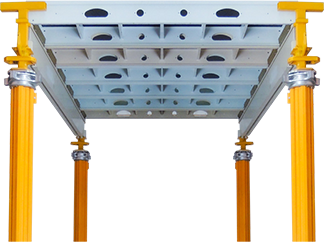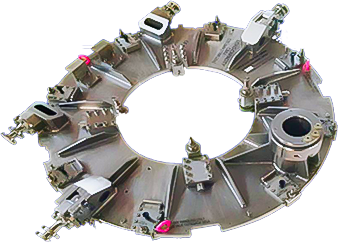Material Description
Rigid Polyurethane Foam is a versatile and widely used material known for its exceptional insulating properties and mechanical characteristics. Composed of a polymer matrix, it exhibits a closed-cell structure that imparts excellent thermal insulation capabilities, making it suitable for various applications such as construction, refrigeration, and transportation. With a typical density ranging from 30 to 50 kg/m³, rigid polyurethane foam combines low weight with high strength, delivering a compressive strength of 200-300 kPa. Furthermore, it exhibits a low thermal conductivity, typically in the range of 0.020 to 0.028 W/(m·K), which makes it an exceptional insulator. The material’s dimensional stability, coupled with its resistance to moisture absorption, renders it highly durable over time. In addition, rigid polyurethane foam offers good chemical resistance to many solvents and oils. Its fire-resistant properties can vary based on additives and formulations, with some formulations being self-extinguishing. Overall, the material’s unique combination of low density, high strength, and superior thermal insulation capabilities makes it a preferred choice in industries where these properties are crucial for energy efficiency and structural integrity.
Common Industry Applications
The defense industry uses rigid polyurethane foam vacuum casting to produce lightweight, high-strength structural components for defense equipment and vehicles.
Sub-Processes
Vacuum Casting
| Density (g/cm³) | Tensile Yield Strength (MPa) | Young's Modulus (GPa) | Hardness (Shore D) | Thermal Conductivity (W/m·K) | Thermal Expansion Coeff (10^-6/°C) | Specific Heat (J/g·°C) | Electrical Conductivity (S/m) |
|---|---|---|---|---|---|---|---|
| 0.02 - 0.03 | 0.5 - 2.5 | 0.01 - 0.04 | 35 - 60 | 0.02 - 0.03 | 50 - 70 | 1.2 - 1.5 | 1e-14 - 1e-12 |
Design Recommendation
Vacuum casting with rigid polyurethane foam requires several key steps for success. Select a flexible mold material to withstand the expansion of the foam during curing and ensure proper degassing to achieve the desired foam density. Consistent temperature control throughout the process is vital to maintain the part’s structural integrity and properties. These considerations ensure that the casted rigid polyurethane foam meets the intended specifications and quality standards.
Cost Saving Tip
To save on costs when casting rigid polyurethane foam, it’s important to accurately control the mixing ratio of the components. Proper mold design can optimize material usage, and vacuum degassing can help eliminate air bubbles, ensuring high-quality castings. Using reusable molds and maintaining them in excellent condition reduces the need for frequent mold replacements, contributing to overall cost savings.
